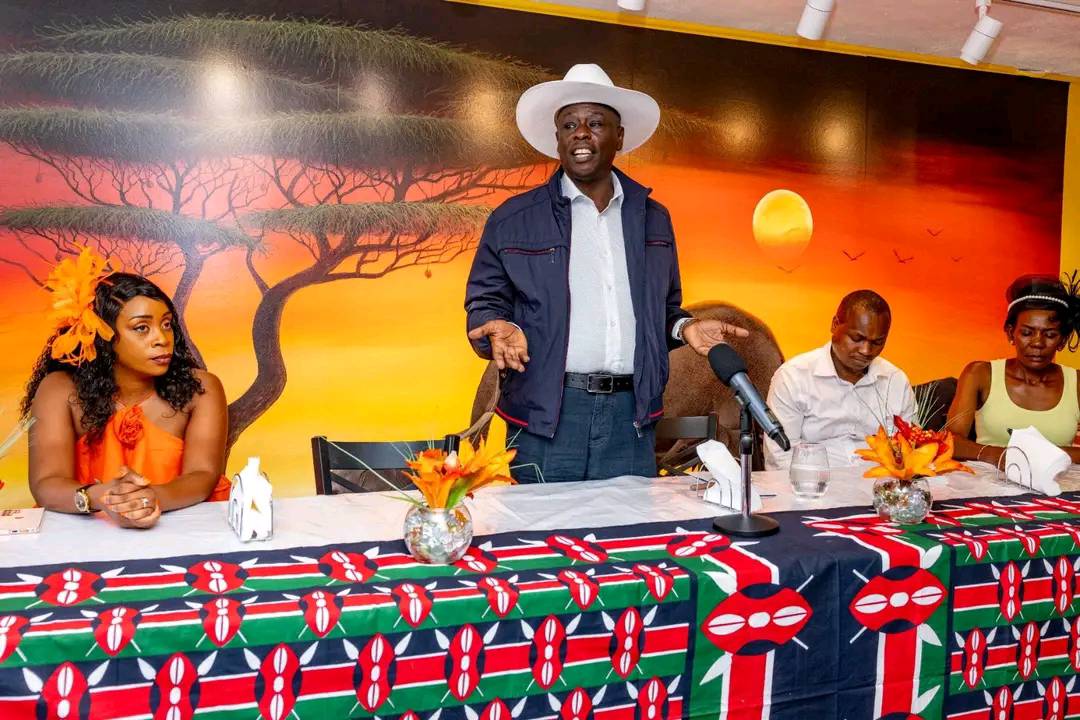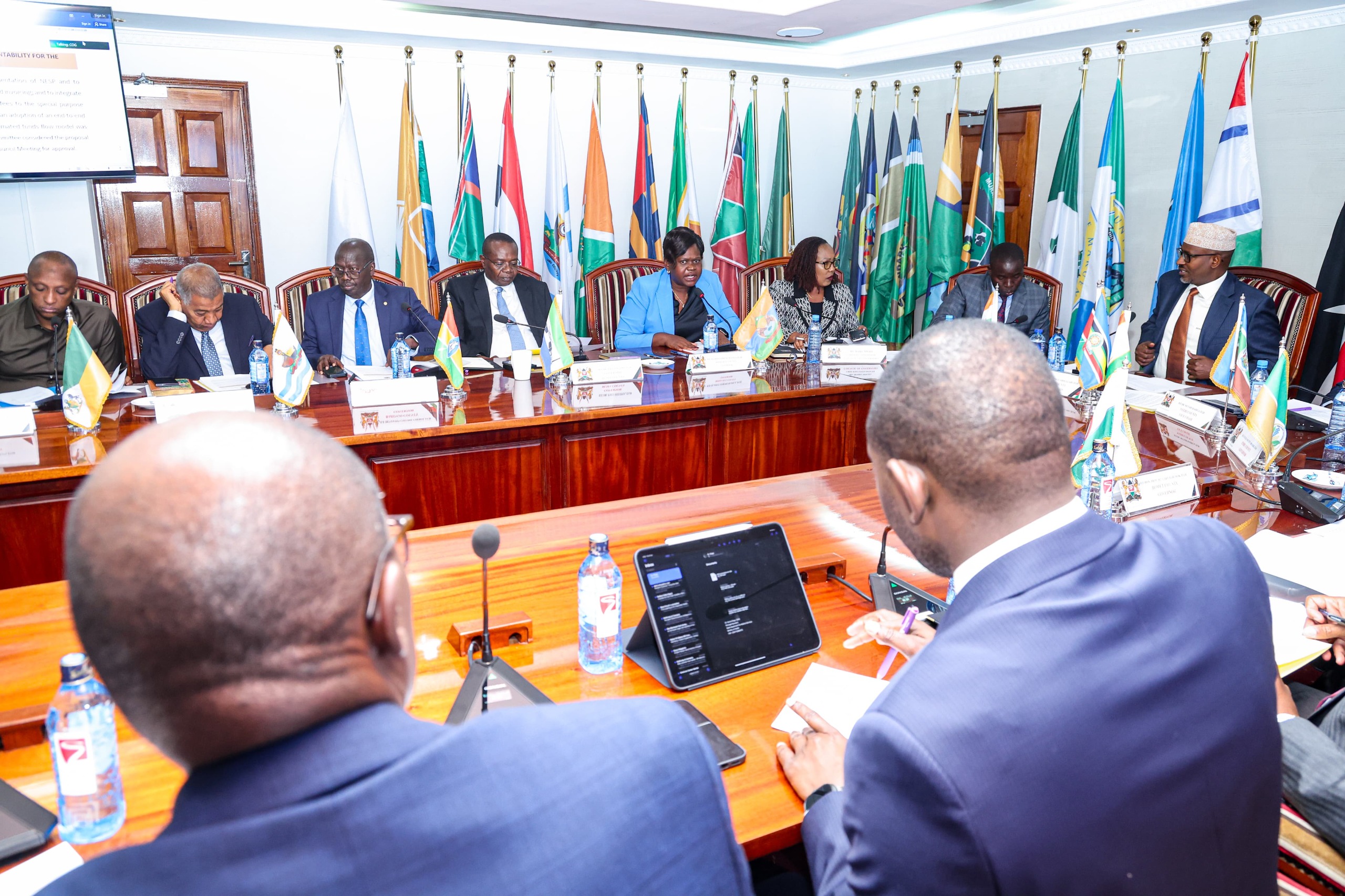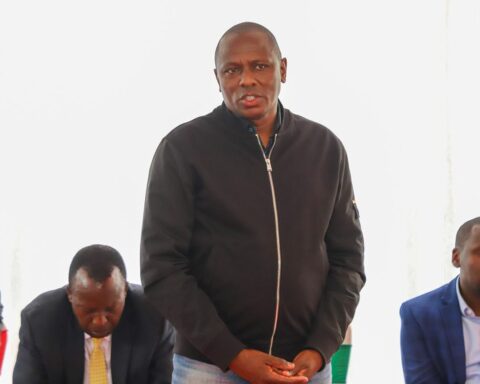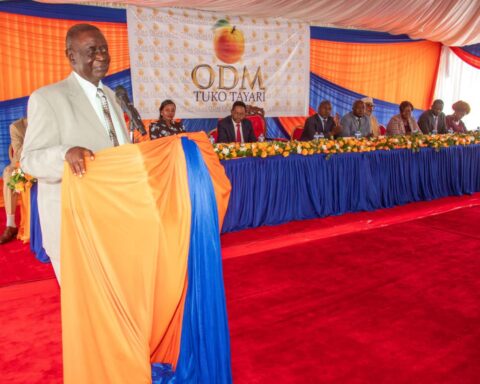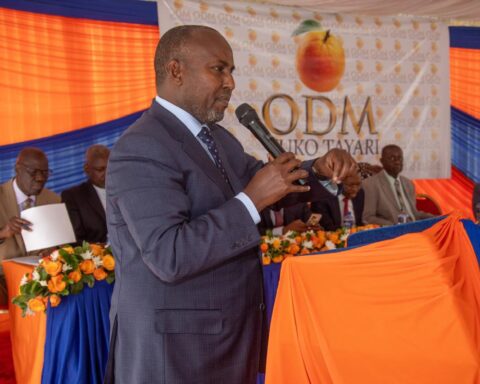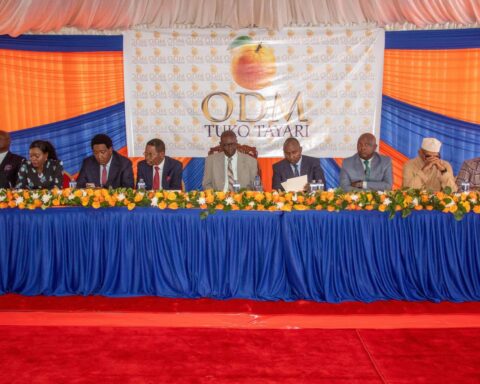In a speech that has sparked national outrage, former Deputy President Rigathi Gachagua has once again stirred Kenya’s delicate tribal fault lines—this time on foreign soil.
Speaking to members of the Kenyan diaspora in Worcester, Massachusetts, Gachagua claimed that the Kikuyu community is the sole driver of Kenya’s economy, arguing that the current downturn is due to Kikuyus “withholding their money” in response to alleged government persecution.
“The government is targeting Kikuyus, and that is why they have decided to hold onto their cash. That’s the reason Kenya’s economy is doing badly,” Gachagua said during the event.
The remarks, captured in a video that has since gone viral online, have drawn swift condemnation from political leaders, economists, and citizens across the country. Critics describe the statements as reckless, divisive, and dangerously out of touch with Kenya’s multi-ethnic reality.
Leaders Condemn “Tribal Chauvinism”
“Such acts of tribal chauvinism have no place in our society,” said a senior opposition figure yesterday, warning that Gachagua’s comments risk further polarizing an already tense political environment.
Economists also dismissed Gachagua’s claims as simplistic, noting that Kenya’s economy is a complex interplay of multiple sectors and regions—including agriculture, tourism, manufacturing, and diaspora remittances from across all communities.
A Political Strategy or Desperation?
The timing of Gachagua’s remarks comes amid political turbulence following his recent impeachment and mounting pressure within his base. Analysts view the statement as part of a calculated move to shore up support in the Mt. Kenya region, a crucial electoral bloc.
However, by framing Kenya’s economic challenges as a Kikuyu-only affair, Gachagua risks alienating other communities and deepening ethnic tensions at a time when unity is critical.
Kenya Is Bigger Than One Tribe
As Kenya navigates a volatile economic landscape—buffeted by global market shifts, rising debt, and slowed exports—leaders are being called upon to foster inclusive policies that recognize the contributions of all Kenyans, not just one community.
In moments like these, the nation must choose unity over division, facts over fear, and leadership over tribal populism.
